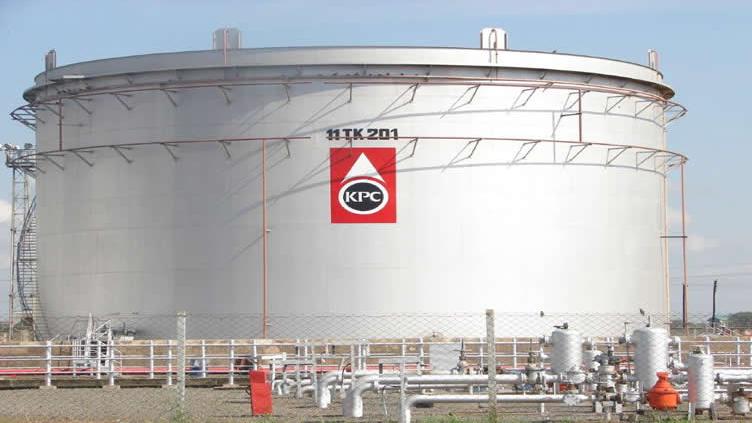Kenya Pipeline Company Limited (KPC) issued a major tender—KPC/PU/OT-163/PROJECTS/NBI/24-25 on March 11 this year for the Engineering, Procurement, and Construction (EPC) of three new 10,000 m³ storage tanks, an additional five tanks of varying capacities, and flow rate upgrades at depots in Kisumu (PS28), Eldoret (PS27), and Nakuru (PS25).
However, there is growing concern that this tender was custom-tailored to favor a specific company—Weld-con Engineering—a firm with a history of benefiting from similarly manipulated tenders designed to sideline other capable local contractors.
While KPC might claim that the project is meant to enhance the efficiency and capacity of the country’s fuel distribution network, the process has blatantly violated the Constitution and public procurement laws by excluding fair competition.
Local contractors who possess the necessary capacity were systematically locked out through restrictive and discriminatory tender requirements.
Allegations have surfaced that senior KPC officials—including the Managing Director, the General Manager of Procurement, and the General Manager of Infrastructure—are colluding with Weld-con Engineering.
It is alleged they have received financial incentives in exchange for manipulating the process to benefit this favored contractor. Unfortunately, this is not a new pattern at KPC.
In recent years, the Public Procurement Administrative Review Board (PPARB) has issued several rulings against KPC that call into question the integrity of its senior management.
For instance, in 2023, KPC issued contract award letters to two different bidders for the same tender, prompting the PPARB to nullify the contract. In another case, a local contractor was disqualified on the flimsy pretext that their power of attorney was addressed to KERRA instead of KPC—even though the document was in order.
The PPARB had to intervene and order a re-evaluation of the tender.
Despite numerous complaints lodged by local contractors to both KPC management and the Public Procurement Regulatory Authority (PPRA), the concerns were blatantly ignored.
This indicates a troubling culture of impunity within KPC, especially considering the CEO also serves as the accounting officer, making him ultimately responsible for all tendering and awards.
There is widespread belief that the CEO, GM Procurement, and GM Infrastructure should be held accountable—and even dismissed—for their alleged roles in manipulating tender processes and undermining local businesses. It is deeply unjust for Kenyans to suffer due to the actions of a few corrupt individuals.
Adding to the injustice, these individuals have reportedly infiltrated the Judiciary through the infamous “Jurispesa” network—an alleged system of judicial corruption—whereby court orders obtained by companies to halt tenders are overturned without due process.
It would come as no surprise if the tender in question—KPC/PU/OT-163/PROJECTS/NBI/24-25, which closed on April 9, 2025 at 10:00 a.m.—is ultimately awarded to Weld-con Engineering, despite the glaring irregularities.





